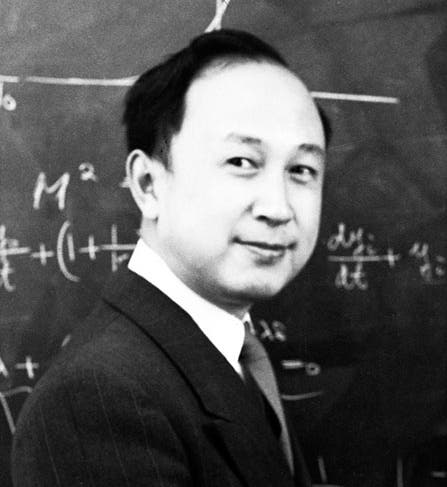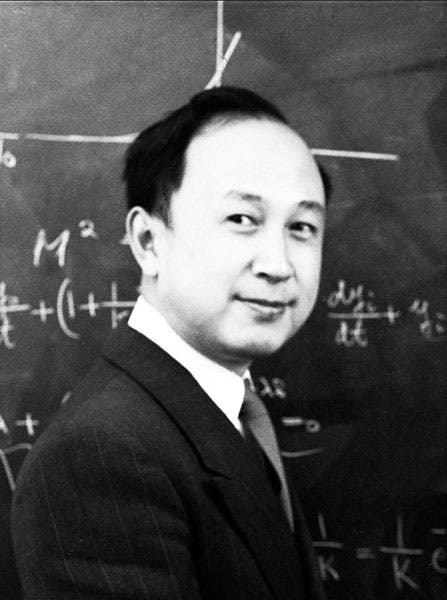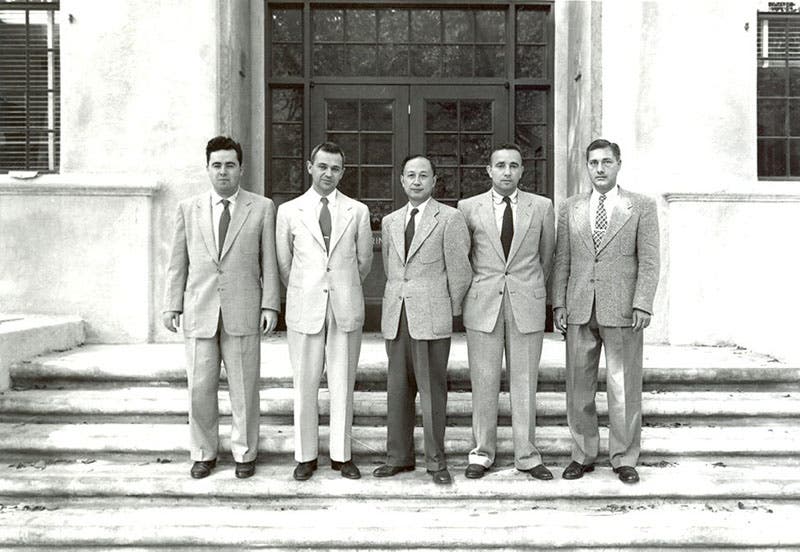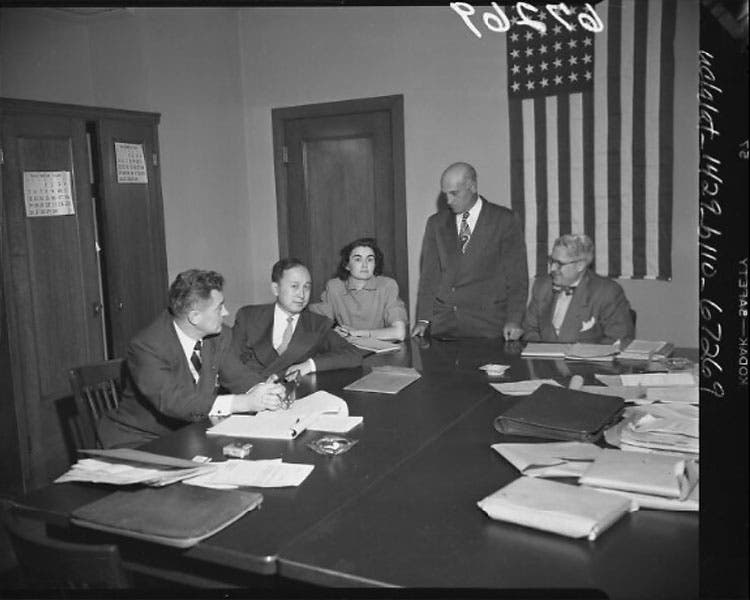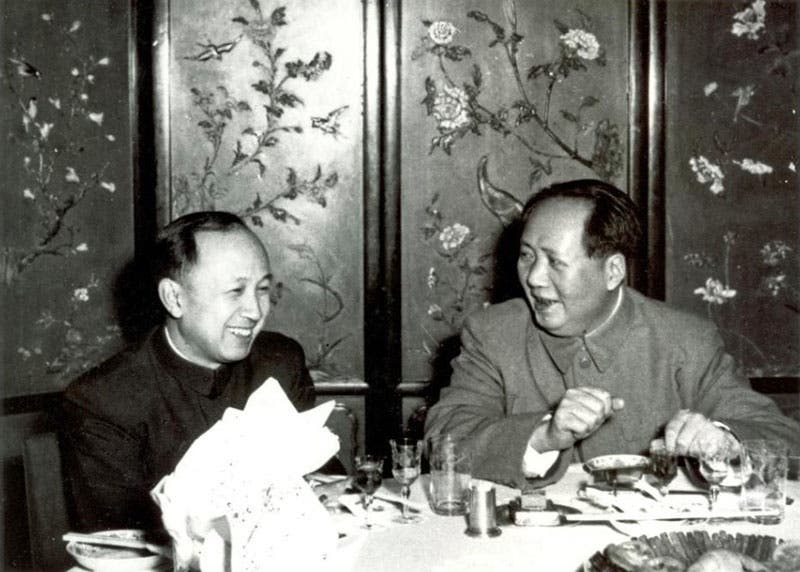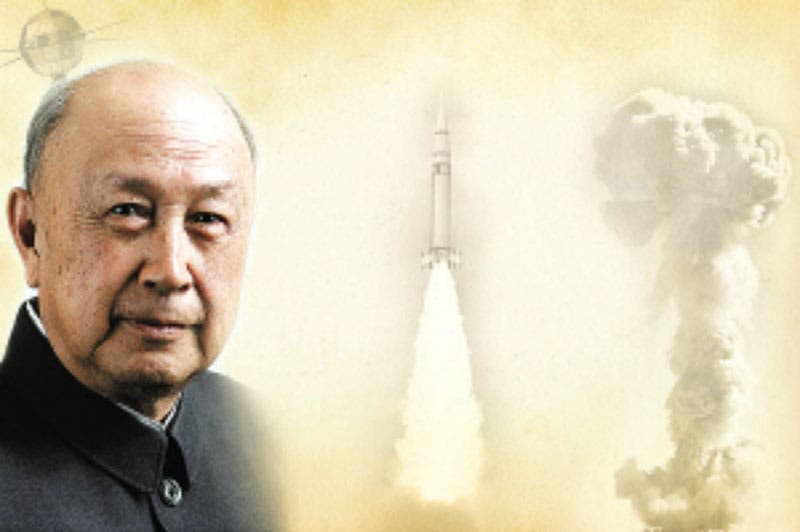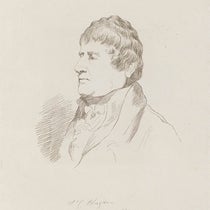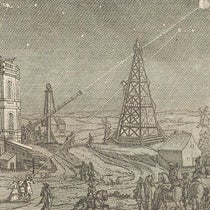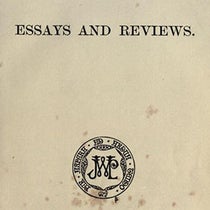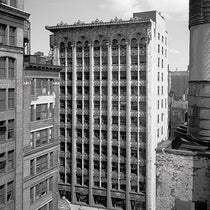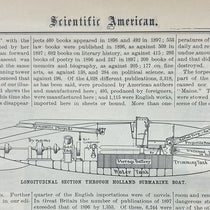Scientist of the Day - Hsue-Shen Tsien
Hsue-Shen Tsien, a Chinese/American physicist, died Oct. 31, 2009, at the age of 97 (modern spelling reforms have altered his name to Qian Xuesen, but we will retain the form used when he was alive). Tsien came to the United States from Shanghai in 1935 to study aerodynamics, first at MIT and then at Caltech. He obtained his PhD under the aerodynamic expert Theodore von Kármán at Caltech and rose rapidly in his field of missile design to become one of the most respected rocket scientists in the States. Tsien, with von Kármán, was one of the founders of Jet Propulsion Lab, and in 1945, he went with von Kármán to Germany to interview German rocket experts, including Wernher von Braun (there is a certain irony to this meeting, which I will explain below). In 1949, Tsien married and decided to seek citizenship in the United States; he was a full professor at Caltech and seemingly on top of the world.
But in 1950, disaster struck, in the form of McCarthyism. Tsien was accused by the FBI of having been a communist, and he was stripped of his security clearance. Furious, Tsien decided to go back to China, but he was forbidden to leave, and for the next five years he was effectively under house arrest, although still allowed to teach at Caltech. Finally, in 1955, in exchange for 11 Korean-War-era American prisoners in China, Tsien was allowed to emigrate, and he promptly embarked for his native China.
The humiliation and five-year repression of Tsien was one of the most bone-headed moves of a bone-headed era. Not only did the United States lose one of its foremost missile experts, but Tsien, with no love for the country that shamed him so, promptly took charge of the Chinese rocket program and brought it out of the hinterlands to become a big-time player. Under Tsien’s leadership, China developed a nuclear program, designing atomic and then hydrogen weapons in record short order; then a missile program; and finally, a space program. He also was one of the founders of Systems Engineering, which allows one to manage large and complex enterprises like space programs. Tsien is the Father of almost everything involving rockets in China.
There is not much to show in the way of graphics for this post, except photographs of Tsien, of which there are surprisingly few available to Westerners. The Caltech archives has several, including the most famous photo of Tsien, seated with Chairman Mao, no doubt enjoying a tidbit from the Little Red Book (fourth image). The photo of Tsien at his deportation hearing in 1950 is the most telling, as he looks thoroughly exasperated (third image). And it is hard to blame him, kicked in the teeth by the government he had served so well.
And what is the irony of Tsien’s interview of von Braun in 1945? We had the improbable scene of a rocket expert from America, who would go on to lead China's space program, checking the credentials of a rocket expert from Germany, who would go on to lead the American space program. Who would have imagined that turn of affairs?
William B. Ashworth, Jr., Consultant for the History of Science, Linda Hall Library and Associate Professor emeritus, Department of History, University of Missouri-Kansas City. Comments or corrections are welcome; please direct to ashworthw@umkc.edu.

